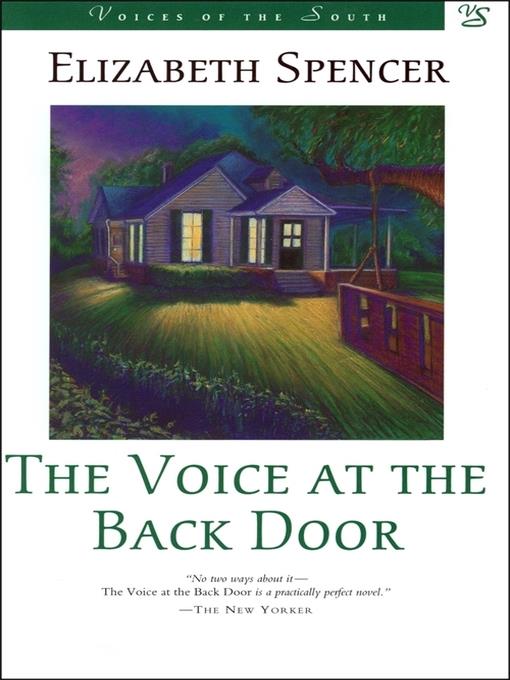
Death by Water
Longlisted for the Man Booker Prize 2016
فرمت کتاب
ebook
تاریخ انتشار
2015
نویسنده
Deborah Boliver Boehmناشر
Atlantic Booksشابک
9780857895479
کتاب های مرتبط
- اطلاعات
- نقد و بررسی
- دیدگاه کاربران
نقد و بررسی

April 4, 1994
Spencer's and Taylor's portraits of small-town Southern life in the 1950s help launch LSU's reprints series Voices of the South.

August 3, 2015
Layered and reflexive, Nobel winner Oe’s (The Changeling) novel concerns itself with an elderly writer, Kogito Choko, whose inability to write “the drowning novel,” a fictional account of his father’s death by drowning, threatens both his health and his plans to provide for his family after his death. As a child, Choko—then called Kogii—witnessed his father’s ill-fated boat trip in the Shikoku forest region of his childhood. When he revisits the forests and delves into the area’s history and folklore at his sister Asa’s invitation, he discovers not only other witnesses to his father’s voyage—including a nationalist former disciple of his dad’s—but that “the materials in the red leather trunk” required for his research were destroyed by his mother long ago. Bereft, Choko finds himself cooperating with an experimental theater troupe, who wish to adapt his body of work for the stage using the visionary Unaiko’s “throwing the dead dogs” method, whereupon meta-narrative discussion and the throwing of stuffed dogs occur on stage. Choko’s disappointment over the uselessness of the red leather trunk’s contents drives him to lash out at his adult, intellectually disabled composer son, Akari, and when his wife, Chikashi, undergoes treatment for a serious illness, she’s most concerned about this unprecedented rift between father and son. Told in echoing and overlapping accounts of conversations, telephone calls, and stage performances, Oe’s deceptively tranquil idiom scans the violent history of postwar Japan and its present-day manifestations, in the end finding redemption. Agent: Jacqueline Ko, Wylie Agency.

























دیدگاه کاربران